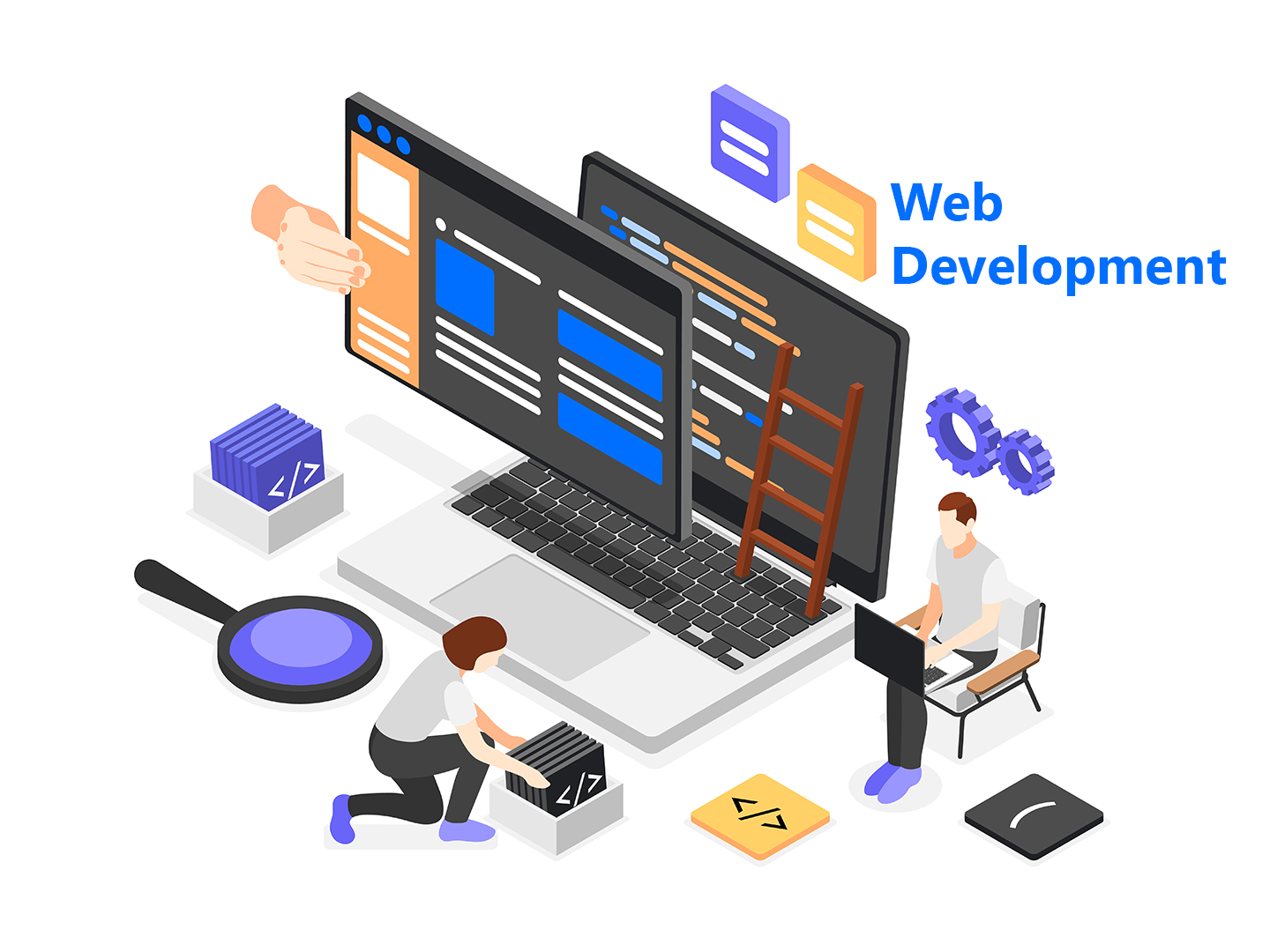
In today's digital age, the e-commerce industry has witnessed unprecedented growth, revolutionizing the way people shop. This rapid growth can be attributed, in large part, to the powerful influence of digital marketing strategies. Digital marketing has not only helped e-commerce businesses reach a wider audience but has also enabled them to engage with customers in a more personalized and targeted manner. In this blog post, we will explore how digital marketing is playing a crucial role in fueling the growth of e-commerce.
Increased Online Visibility:
Digital marketing techniques such as search engine optimization (SEO), pay-per-click (PPC) advertising, and social media marketing have made it easier for e-commerce businesses to gain online visibility. Through effective SEO practices, businesses can optimize their websites to rank higher in search engine results pages, making it easier for potential customers to find them. PPC advertising allows businesses to display targeted ads on search engines and relevant websites, driving more traffic to their online stores. Social media marketing helps e-commerce businesses reach their target audience directly through engaging content, advertisements, and influencer collaborations.
Enhanced Customer Targeting:
Digital marketing enables e-commerce businesses to identify and target specific customer segments based on demographics, interests, and online behaviors. By leveraging tools like analytics and customer relationship management (CRM) software, businesses can gather valuable data about their customers and create personalized marketing campaigns. This personalized approach not only increases the chances of converting leads into sales but also fosters customer loyalty and repeat purchases.
Improved Customer Engagement:
With digital marketing, e-commerce businesses can engage with their customers in real-time and foster meaningful relationships. Social media platforms and email marketing allow businesses to interact with customers, address their queries, and provide personalized recommendations. Moreover, through user-generated content and customer reviews, businesses can leverage social proof to build trust and credibility, influencing potential customers' purchasing decisions.
Data-Driven Decision-Making:
Digital marketing provides e-commerce businesses with a wealth of data that can be analyzed to make informed decisions. By monitoring website analytics, businesses can gain insights into customer behavior, preferences, and conversion rates. This data can be used to optimize marketing strategies, improve website design, and enhance the overall customer experience. Data-driven decision making allows e-commerce businesses to allocate their resources more effectively, ensuring a higher return on investment (ROI).
Cost-Effectiveness:
Compared to traditional marketing channels, digital marketing offers cost-effective solutions for e-commerce businesses. Advertising on digital platforms often comes at a lower cost compared to traditional media, making it more accessible to small and medium-sized enterprises. Additionally, the ability to target specific customer segments and measure the success of marketing campaigns in real time allows businesses to optimize their marketing budget and allocate resources where they yield the best results.
Conclusion:
Digital marketing has become an indispensable tool for e-commerce businesses, driving their growth and success. Through increased online visibility, targeted customer engagement, data-driven decision-making, and cost-effective strategies, e-commerce businesses can effectively reach their target audience, increase sales, and build lasting customer relationships. As technology continues to evolve, the role of digital marketing in the growth of e-commerce is likely to become even more significant, providing businesses with new opportunities to thrive in the competitive online marketplace.
 Best Mobile App Development Company in Delhi NCR | Oprezo India
Best Mobile App Development Company in Delhi NCR | Oprezo India
 Top Web Development Services in Delhi/NCR | Oprezo India – React JS, Angular JS, eCommerce & More
Top Web Development Services in Delhi/NCR | Oprezo India – React JS, Angular JS, eCommerce & More
 Top Mobile App Development Company in Delhi / NCR | Oprezo India
Top Mobile App Development Company in Delhi / NCR | Oprezo India
 Mobile App Development in Delhi - Android, iOS, Hybrid & Flutter | Oprezo India
Mobile App Development in Delhi - Android, iOS, Hybrid & Flutter | Oprezo India
 Why Oprezo India is the Best Web Development Partner in Delhi NCR?
Why Oprezo India is the Best Web Development Partner in Delhi NCR?